Experience True Blue Monday in Hermanus with a Sym...
Dive into the beauty of Hermanus with a True Blue Monday, brought to you by the Hermanus Tourism Bureau! ...
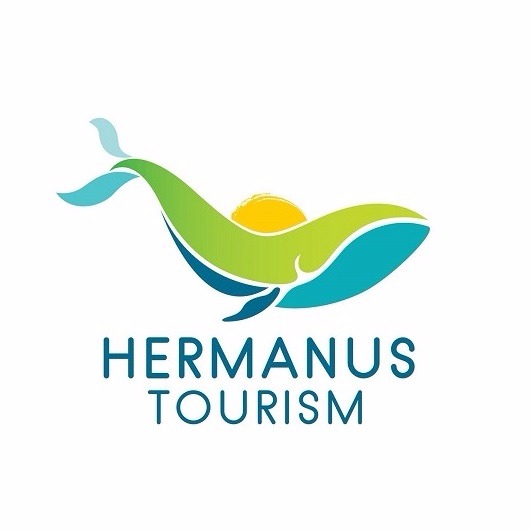 Hermanus Tourism Bureau
Hermanus Tourism Bureau
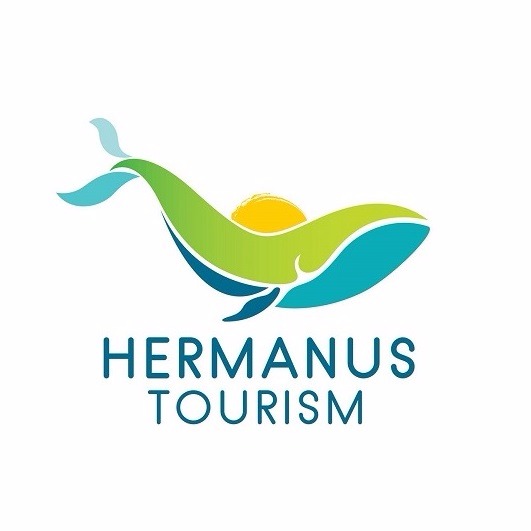
The Greater Hermanus area is situated between two lagoons, the Botrivier Lagoon on the western side and the Klein River Lagoon on the eastern side, with the small Onrus Lagoon in the middle. It is divided into various settlements that include Fisherhaven, Hawston, Vermont, Onrus, Sandbaai, Hemel en Aarde Village, Mount Pleasant, Zwelihle and Hermanus town itself.
Fisherhaven is Hermanus’s most westerly settlement on the R43. Situated on the beautiful Bot River Lagoon with amazing views and sunsets, it offers fishing, sailing and boating facilities.
Hawston lies nestled in a cove at Mudge Point and is one of the oldest settlements in the greater Hermanus area and has numerous historical buildings. It has a long stretch of beautiful beach, Sandown Bay, where wild horses can be spotted in the area surrounding the lagoon. The eastern side of the beach, near Hawston Harbour, is a popular surfing spot.
Vermont and Onrus are two residential areas situated on either side of the petite Onrus Lagoon. The lagoon and beach has a restaurant, cloakrooms and showers and is a favourite surfing and bodyboarding spot.
Sandbaai lies on the coast at the entrance to the Hemel-en-Aarde Valley. The beach is dotted with rock pools and sheltered coves that provide safe swimming at low tide and there are cloakrooms and showers. Sandbaai has a few art galleries, one specialising in aviation.
Hemel-en-Aarde Village is situated behind Sandbaai and has a variety of restaurants, farm stalls, galleries, studious, jewellers, wineries and nurseries. It is the first stop on route to the scenic Hemel-en-Aarde Valley and its many award-winning wine estates. This valley is the epitome of its name which translated from Afrikaans means heaven and earth.
Zwelihle is a residential area that is a combination of shack dwellings and regular housing where you can enjoy pre-arranged township tours.
Mount Pleasant is the smallest subsection of Hermanus and lies at its western entrance.
Hermanus, referred to by some as the Riviera of the South, is attractive to travellers not only because of its wondrous setting, quaint fisherman’s cottages and unspoilt natural beauty but also because it offers a myriad of outdoor activities all year round. Pristine beaches (Grotto Beach has Blue Flag status), swimming, surfing, diving, fishing, boating, hiking, bird-watching, MTB, paragliding, golf, bowls, quad biking, horse riding, whale watching in season and great white shark cage diving close by at Gansbaai… there is always something to do in and around Hermanus.
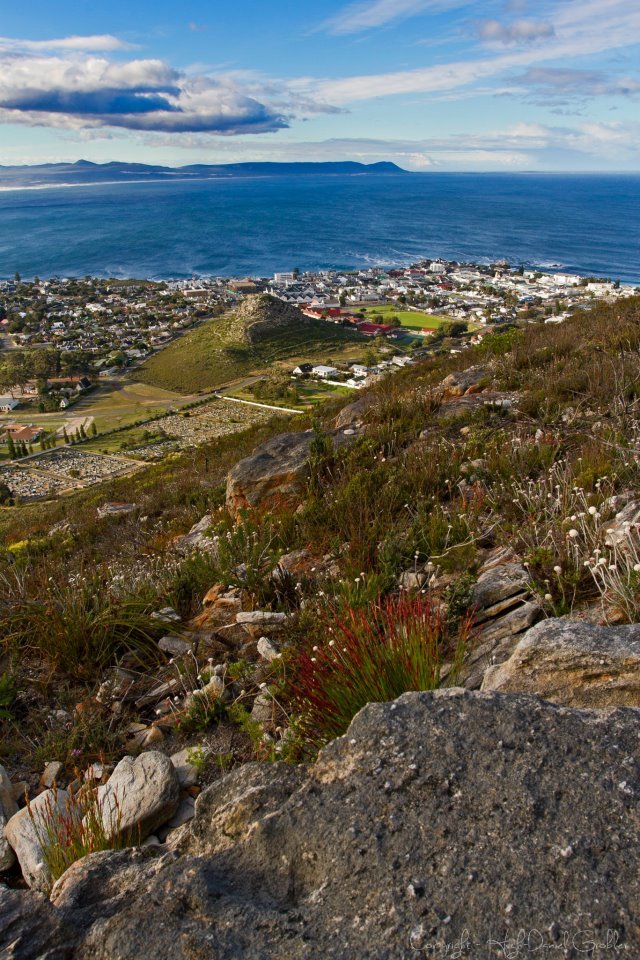
Hermanus has a proud history dating back to the early 1800s when a travelling teacher and shepherd, Hermanus Pieters, followed the elephant trail south of Caledon and ended up at the ocean where he discovered a fresh spring. Mr Pieters decided to set up camp because of the fine grazing the land provided for his livestock. This beautiful setting became known as Hermanuspietersfontein (directly translated from Afrikaans as Hermanus Pieters Fountain). Once farmers in neighbouring heard of his success, they too began their journeys to this new and fertile destination. Many of the farmers only vacationed in Hermanuspietersfontein during the warm summer months. They spent their time fishing while their wives and children spent many a happy day at the many beaches. Once the winter months set in the farmers would return to their homes, the fishermen however stayed. The fish was plentiful and the men had great successes in the ocean that lapped the shores of this small town.
By 1886 many families had moved to Hermanuspietersfontein and a church and school were built. In 1902 after an irate postmaster’s complaint due to the town’s exceptionally long name, Hermanuspietersfontein became Hermanus.
In the late 1800s, London’s Harley Street Doctors discovered Hermanus as an excellent place for people with consumption to recuperate. By the 1920s there were approximately 15 sanatoria in Hermanus to cater for these well-heeled, early visitors.
As Hermanus’s reputation grew, sanatoria changed into hotels and before the 2nd World War, there was a well-established international tourist trade happening in the seaside village. Each year, well-to-do British folk, referred to as swallows, would migrate south and spend three or four months away from the worst of the English winter. After the war many of these people settled, buying and building homes.
Hermanus Tourism Bureau has a database of the areas participating accommodation establishments that cater to all styles and budgets. These include:
For a closer look at accommodation in Hermanus, see here.
Hermanus has some of the best restaurants and coffee shops in the Overberg. Be spoiled for choice with menu items that include the freshest seafood, grade-A meat, traditional South African Cuisine, an eclectic mix of dishes from around the world and homemade confectionery.
Whether you enjoy fine dining, a relaxed family vibe, something exotic or food on the go, the team at Hermanus Tourism Bureau knows all the best places to eat at:
Find more places to eat in Hermanus, here.
Hermanus Tourism Bureau is your gateway to businesses in an array of categories that include:
Take a closer look at the businesses in Hermanus, here.
There is so much to do in and around Hermanus and the Tourism Bureau has information on everything you need to know about:
Take a closer look at things to do in Hermanus, here.
The Hermanus Tourism Bureau will put you in touch with all the area’s top attractions which include:
Hermanus has a long and varied coastline that boasts a wide variety of beaches. From secluded sunbathing coves to bathing beaches manned by lifeguards you will be spoilt for choice. Voëlklip’s pristine beaches are interrupted by the high, rocky cliffs in the town centre but eventually flatten out at Sandbaai, with small coves and tidal pools to cool off in between.
The natural and intellectual environment of Hermanus has inspired artists for years and dozens of art galleries make a cultural detour through the town compulsory. Artworks portray the seascapes, fishermen, beaches and characters in the form of creations in shells and sculptures in bronze. The Art Amble is an easy walk through the central part of town and a fascinating "tour" of a great variety of talents. Big names, new names, old and known names are all on exhibit in galleries and quaint spaces worth a visit in their own right.
Once the townsfolk gathered to welcome the fishermen back to shore and assist with the gutting, filleting and cleaning of the fish in the Old Harbour, the heart of Hermanus. It is still the heart of town but it beats to a different rhythm today - a happy rendezvous for both residents and visitors. The Old Harbour is a tranquil and delightful spot to watch whales, have a dip in the sea, have a picnic or go kayaking into the bay. Above it, people throng around open-air restaurants, shop at craft markets, watch the whales and generally have a delightful social time on Market Square and Village Square.
One of the most beautiful aspects of life in Hermanus is that even when you're in the centre of the village, nature is just a few meters away. Fernkloof Nature Reserve lies and the northern side of the town with a 60km network of trails that cover 1,800-hectares in the Kleinrivier Mountains, with a maximum altitude of 842-metres above sea level. Over 1,450 plant species have been identified in the reserve which forms part of the Cape Floral Kingdom.
Each year southern right whales migrate to the southern coastal regions of South Africa to calve, mate and entertain. Offering some of the best land-based whale-watching opportunities on the planet, the cliff tops of Hermanus provide the perfect grandstand for this unforgettable spectacle. Boat-based trips are also available.
Vineyards benefit from proximity to the sea and ensuing cool maritime breezes, while the topography with mountains on either side and views of the ocean in the distance make Route 320 in the Hemel-en-Aarde Valley one of the most beautiful wine-growing areas in the world. The quality of the wine produced here is legendary with award-winning wines produced here. Wine tasting and a variety of restaurants that cater for all tastes make this a spectacularly worthwhile destination. Find a list of tasting venues and wine farms, here.
The 27-hole course is ranked 42nd of the Top 100 courses in the country (Golf Digest) and, lying nestled between mountain and sea, is one of the most beautiful courses to play. The Fynbos gardens, the challenges of a course constructed on a mountainside and the resident troop of baboons give the Hermanus golf course a very special character.
Hermanus draws both local and international tourists to its many annual events and festivals.
One of the most popular as it is the only eco-arts festival in South Africa that celebrates the arrival of the southern right whales. It normally takes place during the peak whale watching season and includes music, art, markets and environmental activities.
A cultural celebration of theatre, music and panel discussions.
A celebration of arts and culture with an eclectic blend of visual, intellectual and creative stimulation.
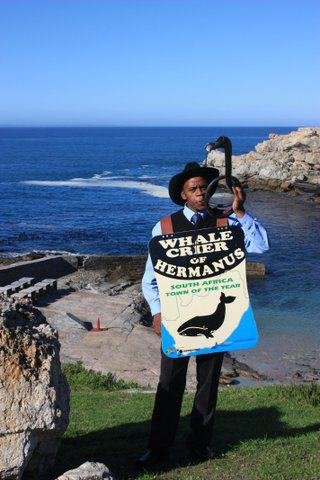
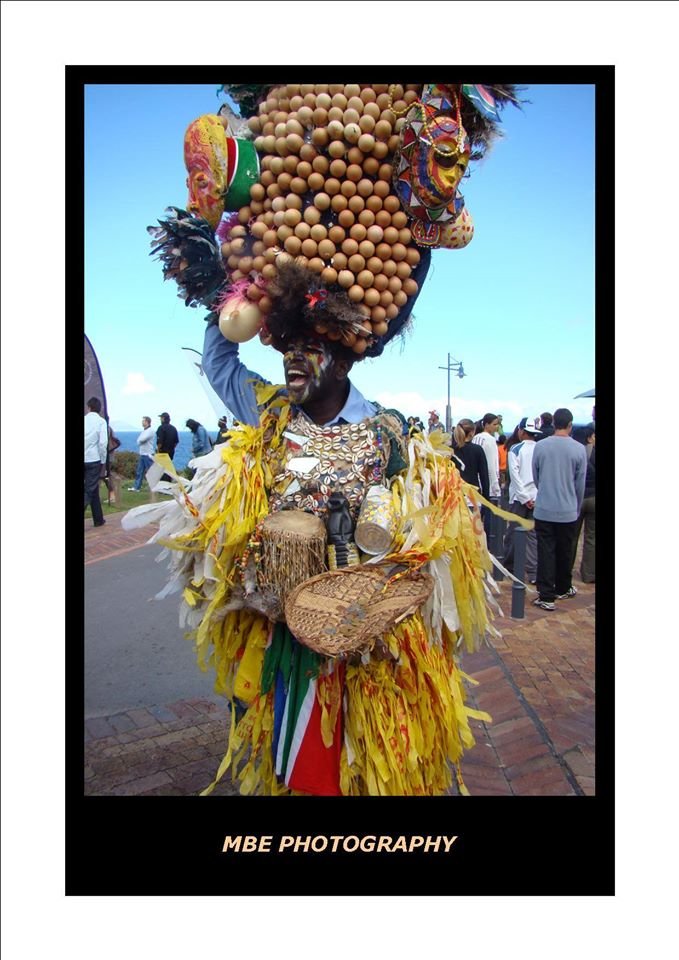
“Helpful people with lots of information on what can be experienced in Hermanus.” Gillian Louw
“Hermanus Tourism Bureau has a lot of information on the area, and the staff are always professional and helpful.” Suzanne McMullen
“Such a great place with very friendly and helpful staff. They are knowledgeable and passionate about the area which makes planning the perfect retreat without any problems. Whether it is a wine tasting or accommodation right through to canopy tours the staff will find it for you. Visit the Hemel-en-Aarde valley and wine route. There are also beautiful private accommodation options on some of the farms.” Daniel John